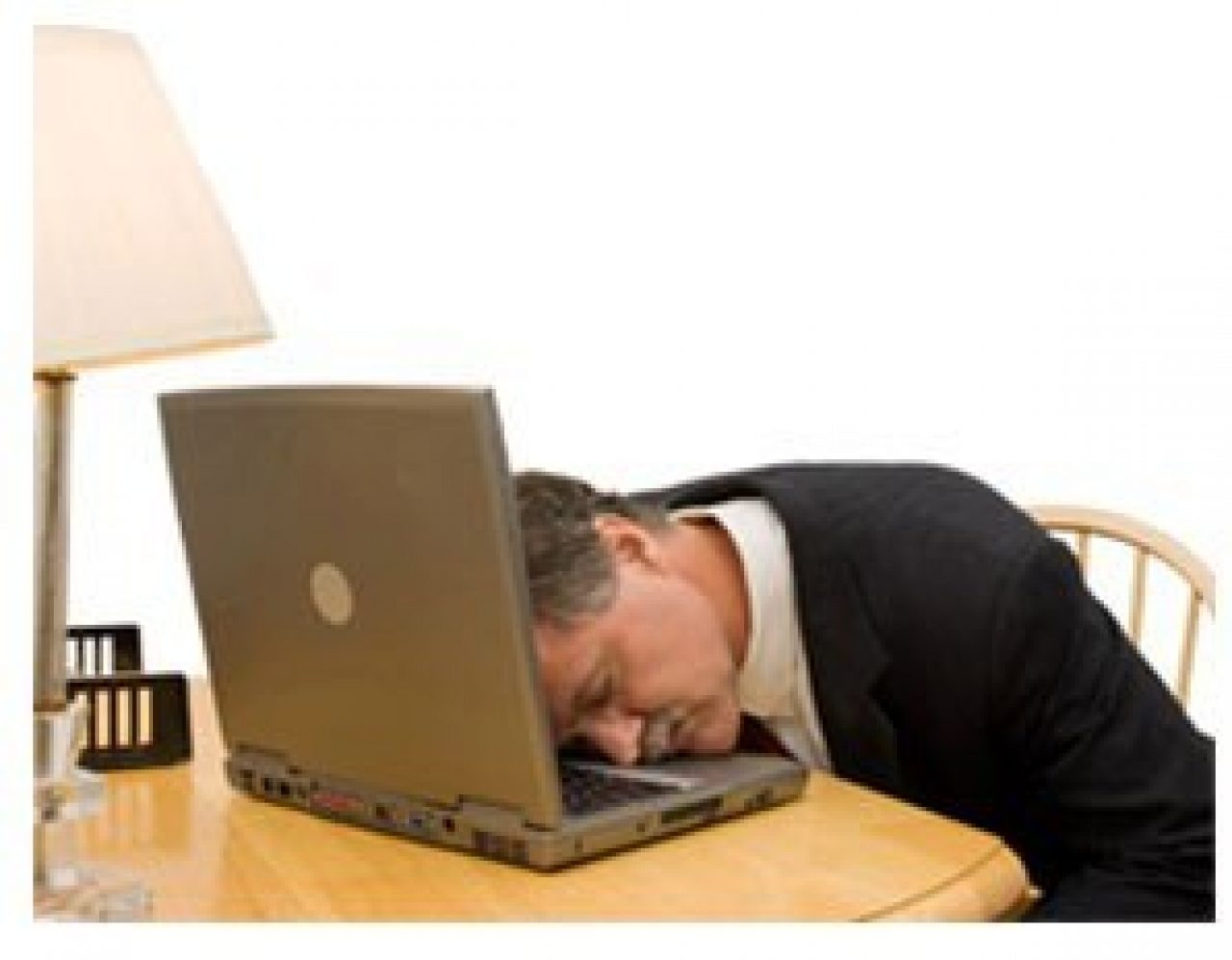Slow PC? Speed it Up!
One of the most frustrating things in technology is dealing with a slow computer. Here are some causes and solutions of a slow PC.
Ever wonder why your computer is slower now than when you first bought it? One of the most frustrating things in technology is dealing with a slow computer. Here at Bask we've come up with the top 3 causes and solutions of computer slowdowns.
1. Spyware and Malware
You are probably familiar with these terms, but you are not exactly sure what they do.Spyware and Malware are malicious programs that load onto your computer without your consent. They have many purposes:
- Steal your personal information
- Hijack your computer, making it impossible to use
- Track your Web surfing habits and sell the information to Advertising firms
- Use your email to spam your family and friends with the hopes of infecting them
How to avoid it: Most viruses get into your computer by downloading files from the Internet and opening certain email attachments. The best way to prevent yourself from catching a computer virus is by avoiding either one, unless you know and trust the sender.
2. Too many Startup Programs
What they are: Startup Programs automatically open when you turn on your computer. They can be found in your system tray or running in the background eating into your system memory which cause your computer to run slower.
How to check: Many Startup Programs are critical to your computer. Don't disable them unless you're positive they aren't needed. To do so, follow these steps:
- For XP
- Click on the Start button (lower left corner of your screen)
- Click on Run
- Type in msconfig
- Click enter
- For Vista and Windows 7
- Go to Start
- In the "Search Program and Files" field type: msconfig
- Click enter
3. Lack of RAM Memory
What it is: RAM Memory provides space to allow your computer to access programs and files quickly. The less memory your computer has, the longer it takes to access programs and files.
How to check: If your computer runs slower and slower the more you use the computer or the more programs you have running, log on to crucial.com ™ and test the amount of Random Access Memory (RAM) that your computer has. The website determines how much more RAM your computer needs and gives you different purchasing options.

 Member Connect
Member Connect